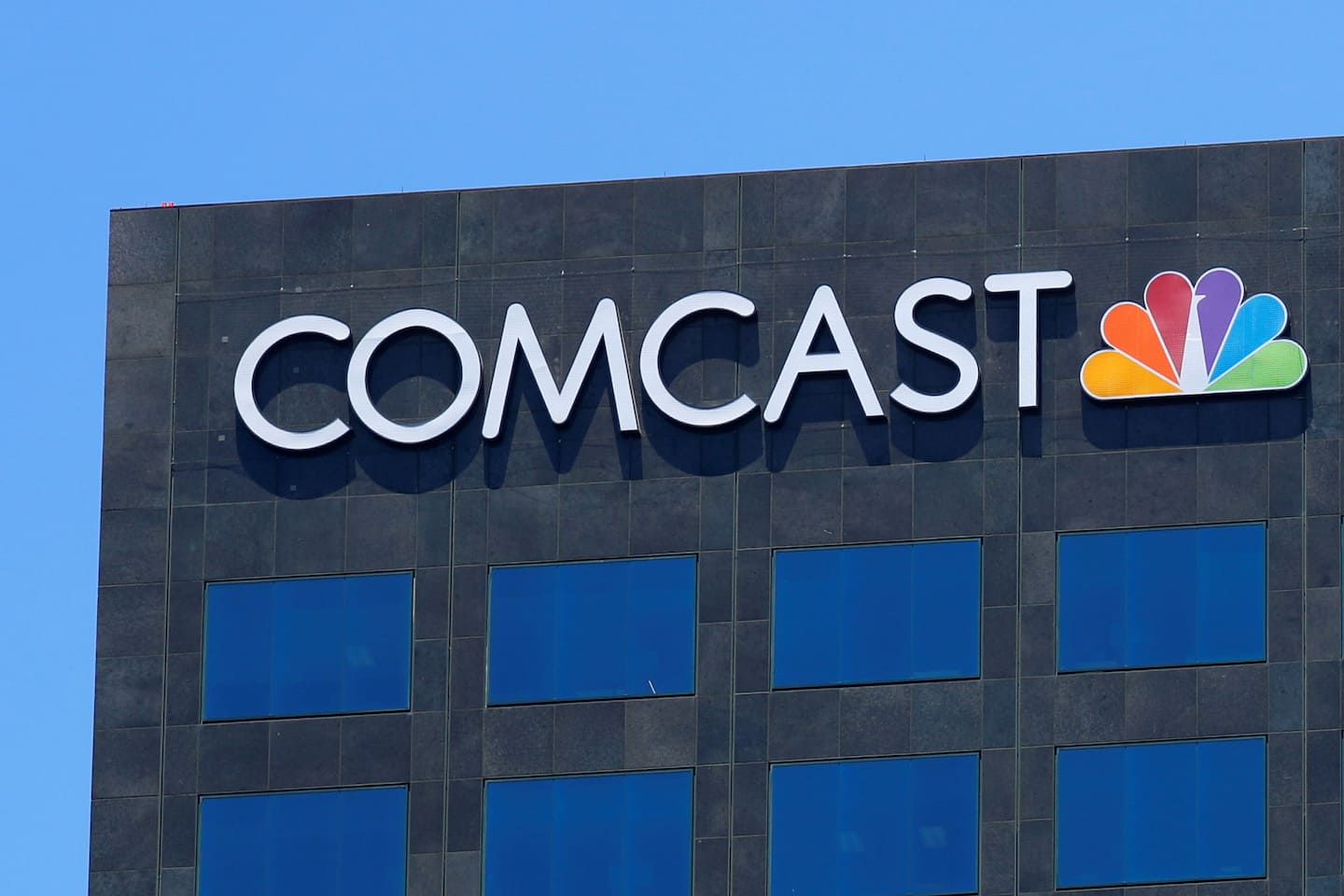Comcast suspends Internet data limits, fees for Northeast customers

Comcast initially announced in November that it would impose the new regional data restrictions in Pennsylvania and other service areas, including D.C., New York, Virginia and Maryland. Similar rules and fees already cover Comcast customers in other parts of the country.
The extra fees would have applied only to the heaviest Internet users — those who use more than 1.2 terabytes of data each month — and Comcast said at the time that most students and families probably would have steered clear of owing the company extra each month. Users would have to stream five hours of 4K-resolution video every day for a month or take part in 3,500 hours of video conferencing to exceed the threshold, Comcast has previously said.
But critics in Congress and around the country still rebuked Comcast for seeking to change its rules and potentially boost its profits before the country had fully recovered from a public health crisis that has left many families dependent on the Internet.
Under a deal brokered with Shapiro, Comcast on Wednesday pledged to be more transparent about its pricing and take additional steps that include waiving some fees for customers who cancel their cable and Internet contracts early. Comcast suspended its new data charges until July, so consumers will not see any fees until their August bills, according to the attorney general’s office.
“As Pennsylvanians continue to navigate this pandemic, we know millions are relying on the internet for school and work more than ever,” Shapiro said in a statement. “This is not the time to change the rules when it comes to Internet data usage and increase costs.”
The changes do not effect Comcast customers in other regions, the company said. “We are committed to evaluating and adapting our approach to best serve the needs of our customers, particularly in these challenging times,” added Joel Shadle in a statement.
The heightened scrutiny facing Comcast reflects regulators’ recent efforts to combat the country’s long-standing digital divide between those who can access and afford reliable connectivity and those who cannot. These digital inequities predate the pandemic but have become more consequential at a time when Americans have little choice but to stay home.
Last spring, the Federal Communications Commission brokered an agreement with AT&T, Comcast, Verizon and other major telecom companies to suspend shut-offs and take other steps to ensure that people who lost their jobs during the worst economic crisis in a generation also did not lose their ability to access the Web. The agreement expired in the summer, but the companies say they have kept in place some policies to help customers who fall behind on their bills.
Months later, Congress authorized $7 billion to boost broadband nationwide, including a new, ambitious program to provide monthly rebates to Americans who are struggling to pay their Internet bills. The FCC is still in the process of implementing the coronavirus stimulus program.
On Tuesday, Comcast said it would boost minimum speeds for Americans who subscribe to Internet Essentials, the company’s low-income broadband offering. Comcast raised the speeds at the urging of Shapiro, whose office said Wednesday that the cable giant would also forgo data caps imposed on customers in the program.






